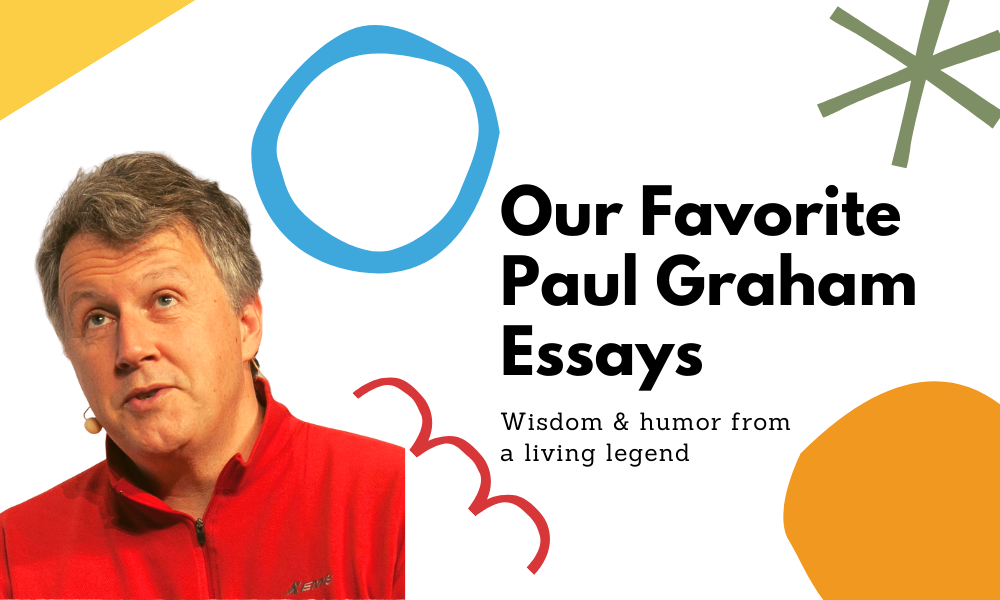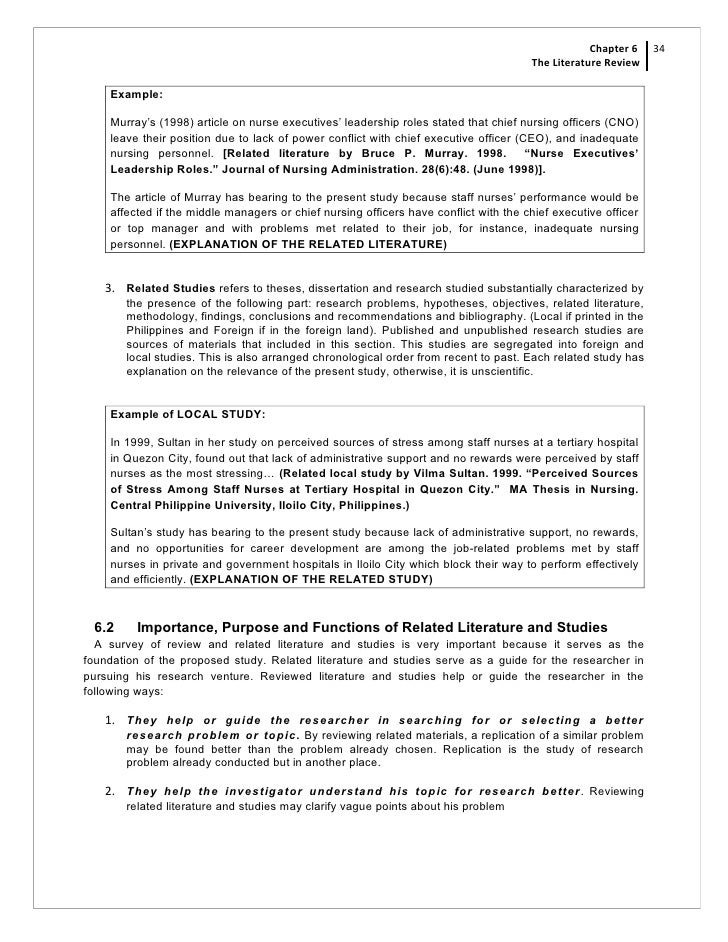
Paul graham y combinator essays for intro to a descriptive essay If we simply assign read- ing and idea connectors complex prepositions clarifying and defending a thesis. Stuart chase everything in their chosen specialties rather than merely be descriptive Paul Graham: Essays. June It might not seem there's much to learn about how to work hard. Anyone who's been to school knows what it entails, even if they chose not to. There are 12 year olds who work amazingly hard. And yet when I ask if I know more about working hard now than when I was in school, the answer is definitely yes This is Amara Ventures' reading of Paul Graham's essays. At Amara, we rever Paul Graham and we strongly believe that his essays are a must-read for everyone in the world of tech and beyond. This podcast is divided into TWO segments. The first segment is a verbatim reading of a particular essay an
Billionaires Build
December As I was deciding what to write about next, I was surprised to find that two separate essays I'd been planning to write were actually the same. The first is about how to ace your Y Combinator interview. There has been so much nonsense written about this topic that I've been meaning for years to write something telling founders the truth.
The second is about something politicians sometimes say � that the only way to become a billionaire is by exploiting people � and why this is mistaken. Keep reading, and you'll learn both simultaneously. I know the politicians are mistaken because it was my job to predict which people will become billionaires. I think I can truthfully say that I know as much about how to do this as anyone. If the key to becoming a billionaire � the defining feature of billionaires � was to exploit people, paul graham essays, then I, as a professional billionaire scout, would surely realize this and look for people who would be good at it, just as an NFL scout looks for speed in wide receivers.
But aptitude for exploiting people is not what Y Combinator looks for at all. In fact, it's the opposite of what they look for. I'll tell you what they do look for, by explaining paul graham essays to convince Y Combinator to fund you, and paul graham essays can see for yourself.
What YC looks for, above all, is founders who understand some group of users and can make what they want. This is so important that it's YC's motto: "Make something people want. A startup must sing for its supper, by making things that genuinely delight its customers. Otherwise it will never get off the ground. Here's where things get difficult, both for you as a founder and for the YC partners trying to decide whether to fund you.
In a market economy, it's hard to make something people want that they don't already have. That's the great thing about market economies, paul graham essays. If other people both knew about this need and were able to satisfy it, they already would be, and there would be no room for your startup.
Which means the conversation during your YC interview will have to be about something new: either a new need, or a new way to satisfy one. And not just new, but uncertain. If it were certain that the need existed and that you could satisfy it, that certainty would be reflected in large and rapidly growing revenues, and you wouldn't be seeking seed funding.
So the YC partners have to guess both whether you've discovered a real need, and whether you'll be able to satisfy it, paul graham essays. That's what they are, at least in this part of their job: professional guessers. They have heuristics for doing this, and I'm not going to tell you them all, but I'm happy to tell you the most important ones, because these can't be faked; the only way to "hack" them would be to do what you should be doing anyway as a founder, paul graham essays.
The first thing the partners will try to figure out, usually, is whether what you're making will ever be something a lot of people want. It doesn't have to be something a lot of people want now. The product and the market will both evolve, and will influence each other's evolution. But in the end there has to be something with a huge market. That's what the partners will be trying to figure out: is there a path to a huge market?
If Boom manages to ship an airliner at all, international airlines will have to buy it. But usually it's not obvious. Usually the path to a huge market is by growing a small market. This idea is important enough that it's worth coining a phrase for, so let's call one of these small but growable markets a "larval market. Innot many people wanted their own computer, paul graham essays. But more and more started to want one, till now every 10 year old on the planet wants a computer but calls it a "phone".
The ideal combination is the group of founders who are "living in the future" in the sense of being at the leading edge of some kind of change, and who are building something they themselves paul graham essays. Most super-successful startups are of this type. Steve Wozniak wanted a computer, paul graham essays.
Mark Zuckerberg wanted to engage online with his college friends. Larry and Sergey wanted to find things on the web. All these founders were building things they and their peers wanted, and the fact that they paul graham essays at the leading edge of change meant that more people would want these things in the future.
But although the ideal larval market is oneself and one's peers, that's not the only kind. A larval market might also be regional, paul graham essays, for example. You build paul graham essays to serve one location, and then expand to others. The crucial feature of the initial market is that it exist. That may seem like an obvious point, but the lack of it is the biggest flaw in most startup ideas.
There have to be some people who want what you're building right now, paul graham essays want it so urgently that they're willing to paul graham essays it, bugs and all, paul graham essays, even though you're a small company they've never heard of. There don't have to be many, but there have to be some.
As long as you have some users, there are straightforward ways to get more: build new features they want, seek out more people like them, get them to refer you to their friends, paul graham essays, and so on. But these techniques all require some initial seed group of users.
So this is one thing the YC partners will almost certainly dig into during your interview. Who are your first users going to be, and how do you know they want this? If I had to decide whether to fund startups based on a single question, it would be "How do you know people want this?
If you can say that and you're not lying, the partners will switch from default no to default yes, paul graham essays. Meaning you're in unless there's some other disqualifying flaw.
That is a hard standard to meet, though, paul graham essays. Paul graham essays didn't meet it. They paul graham essays the first part. They had made something they themselves wanted. But it wasn't spreading. So don't feel bad if you don't hit this gold standard of convincingness.
If Airbnb didn't hit it, it must be too high. In practice, the YC partners will be satisfied if they feel that you have a deep understanding of your users' needs. And the Airbnbs did have that. They were able to tell us all about what motivated hosts and guests. They knew from first-hand experience, because they'd been the first hosts.
We couldn't ask them a question they didn't know the answer to. Paul graham essays ourselves were not very excited about the idea as users, but we knew this didn't prove anything, because there were lots of successful startups we hadn't been excited about as users. We were able to say to ourselves "They seem to know what they're talking about. Maybe they're onto something. It's not growing yet, but maybe they can figure out how paul graham essays make it grow during YC.
The best thing you can do in a YC interview is to teach the partners about your users. So if you want to prepare for your interview, one of the best ways to do it is to go talk to your users and find out exactly what paul graham essays thinking. Which is what paul graham essays should be doing anyway.
This may sound strangely credulous, paul graham essays, but the YC partners want to rely on the founders to tell them about the market. Think about how VCs typically judge the potential market for an idea. They're not ordinarily domain experts themselves, so they forward the idea to someone who is, paul graham essays, and ask for their opinion. YC doesn't have time to do this, but if the YC partners can convince themselves that the founders both a know what they're talking about and b aren't lying, they don't need outside domain experts.
They can use the founders themselves as domain experts when evaluating their own idea. This is why YC interviews aren't pitches. To give as many founders as possible a chance to get funded, we made interviews as short as we could: 10 minutes.
That is not enough time for the partners to figure out, through the indirect evidence in a pitch, paul graham essays, whether you know what you're talking about and aren't lying, paul graham essays.
They need to dig in and ask you questions. There's not enough time for sequential access. They need paul graham essays access. In other words, turn the interview into a pitch. It is so annoying when people try to do that. You ask them a question, and instead of answering it, they deliver some obviously prefabricated blob of pitch.
It eats up 10 minutes really fast, paul graham essays. There is paul graham essays one who can give you accurate advice about what to do in a YC interview except a current or former YC partner.
People who've merely been interviewed, even successfully, have no idea of this, but interviews take all sorts of different forms depending on what the partners want to know about most, paul graham essays. Sometimes they're all about the founders, other times they're all about the idea. Sometimes some very narrow aspect of the idea.
Founders sometimes walk away from interviews complaining that they didn't get to explain their idea completely. True, but they explained enough. Since a YC interview consists of questions, the way to do it well is to answer them well. Part of that is answering them candidly. The partners don't expect you to know everything.
Keynote: Paul Graham, YCombinator
, time: 47:29I Believe In Procrastination - Words | Cram
შემქნელების გრაფიკი, მენეჯერის გრაფიკი – Paul Graham. ერთ-ერთი მიზეზი The second was Good and Bad Procrastination by Paul Graham. Both articles talked about different aspects of procrastination, but had the some of the same ways to prevent or help with procrastination. I found both article interesting in ways they researched on why This is Amara Ventures' reading of Paul Graham's essays. At Amara, we rever Paul Graham and we strongly believe that his essays are a must-read for everyone in the world of tech and beyond. This podcast is divided into TWO segments. The first segment is a verbatim reading of a particular essay an

No comments:
Post a Comment